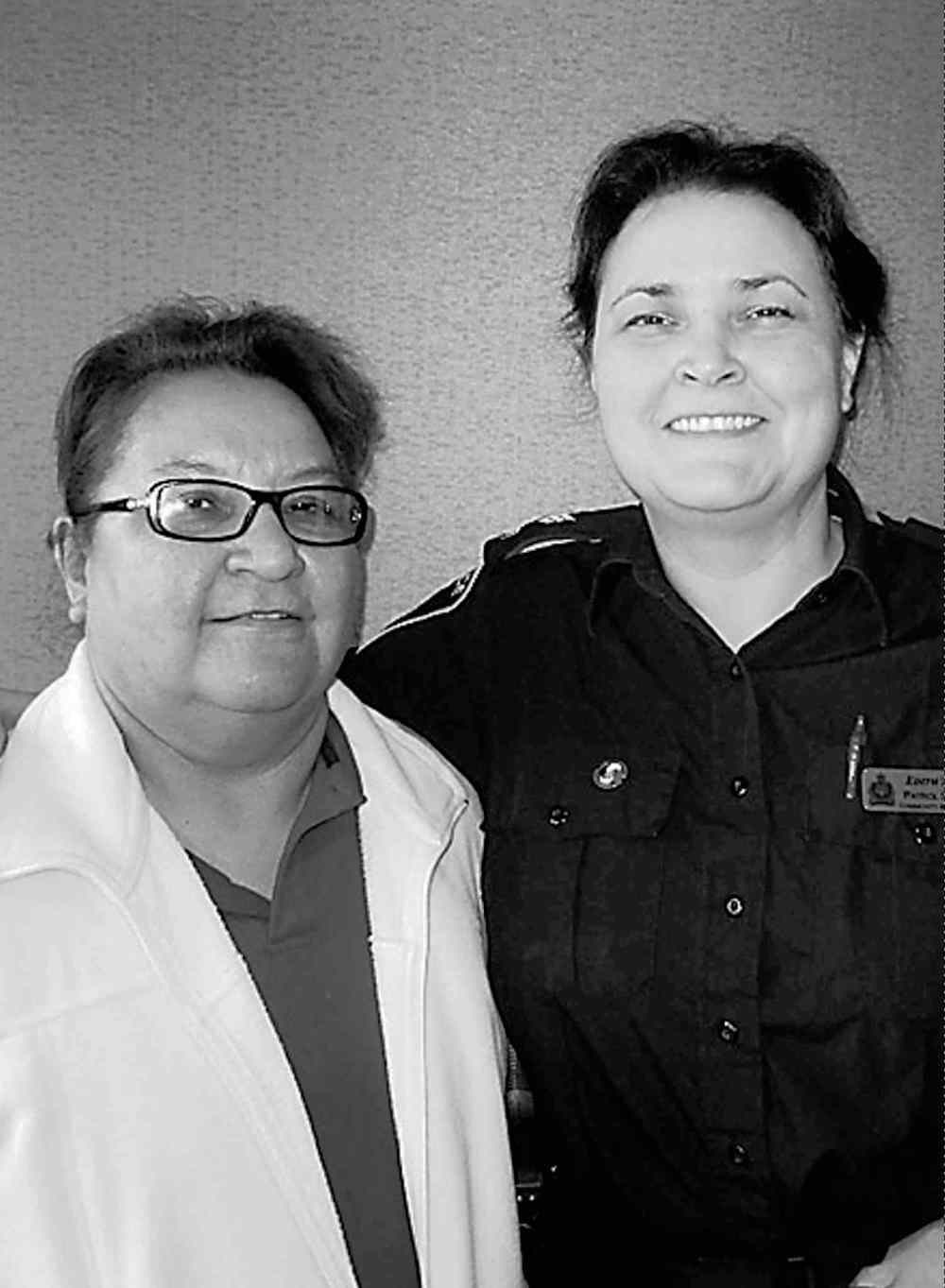A journey of hope can heal the heart
Advertisement
Read this article for free:
or
Already have an account? Log in here »
To continue reading, please subscribe:
Monthly Digital Subscription
$1 per week for 24 weeks*
- Enjoy unlimited reading on winnipegfreepress.com
- Read the E-Edition, our digital replica newspaper
- Access News Break, our award-winning app
- Play interactive puzzles
*Billed as $4.00 plus GST every four weeks. After 24 weeks, price increases to the regular rate of $19.00 plus GST every four weeks. Offer available to new and qualified returning subscribers only. Cancel any time.
Monthly Digital Subscription
$4.75/week*
- Enjoy unlimited reading on winnipegfreepress.com
- Read the E-Edition, our digital replica newspaper
- Access News Break, our award-winning app
- Play interactive puzzles
*Billed as $19 plus GST every four weeks. Cancel any time.
To continue reading, please subscribe:
Add Free Press access to your Brandon Sun subscription for only an additional
$1 for the first 4 weeks*
*Your next subscription payment will increase by $1.00 and you will be charged $16.99 plus GST for four weeks. After four weeks, your payment will increase to $23.99 plus GST every four weeks.
Read unlimited articles for free today:
or
Already have an account? Log in here »
Hey there, time traveller!
This article was published 28/05/2014 (4158 days ago), so information in it may no longer be current.
The role of a mother in aboriginal culture is that of the supporting and loving teacher, and to nurture the children’s sense of who they are. A child’s most precious moments often involve the loving comforts their mother would show them on a daily basis. To love a child is to love the most precious gift given to us by the Creator.
This gift was not only given to the parents, but the community as a whole, and everyone played an active role in raising the children. This was important, as it was felt many people had much to offer them.
I grew up with my family in Misipawistik Cree Nation, which most people know as Grand Rapids. I have two older brothers. On the outside, my family looked like the average everyday family. On the inside, it was a different story. As a child, my father was in a local religious school. He grew tired of getting the strap for speaking in Cree. As a result, he left before completing Grade 5. My mother was in residential school from the time she was four until she was 14. As with many people who attended residential school, she was required to leave our community for that time. When she returned to our community, she and my father were married soon after they became teenagers.

I know my parents loved us. The one thing we didn’t receive was the open displays of affection and the verbal display of the love they felt for us. I realize now that this was not their fault, but the result of not having the teachings of the importance of an emotional connection to their children.
I left my home community to make the transition to the city, as I wanted to further my education in hopes of becoming a police officer.
This helped me become the person I wanted to be. I grew in confidence and was in a position to be able to give back to the community. This did not come without hard work and challenges.
Recently, I went back home to visit. When I left to come back to Winnipeg, I gave my mom a big hug. I love my mother and I know she loves me. I understand why she didn’t tell us she loved us nor would she cuddle or hug us. She had missed the teachings that her mother would have shown her when she was taken to residential school. Parenting and raising children is a learned skill.
As a first-generation IRS child and single mother, I am faced with many challenges. The healing, strange as it sounds, starts with our grandchildren. When I see my parents hugging my daughter, sharing laughs together, I see the love and affection in our family. My hope is that more families in our aboriginal community will be able to relate to my story, as our people are on our healing journey to overcome this part of history.
I am raising my daughter with daily hugs and words of affection. It’s never too late to show your children you love them, no matter how old they are.
My mother and I talked about our family story and we both agreed that sharing it with you will help our people to see that the future is going to be brighter.
My family represents a story of hope. We represent hope for our people. I know my parents never lost who they were back in the residential school; they had it taken from them. The journey to find what is lost can take many turns. My parents and my journey started many years ago. My daughter is giving them a chance to show love to a child in a way I know they wanted to show me. I see the affection that my parents show their grandchildren as the start of a new journey. My parents are healing with the unconditional love offered by my daughter, the gift of unconditional love that my daughter has also given to me.
I share with you my personal story, with the support of my parents and the acknowledgement of their struggles as well. The most powerful stories are those that are true and those that come from the heart. A heart can heal, and so can our people.
Patrol Sergeant Edith Turner is in the community relations unit of the Winnipeg Police Service. She is in her 20th year of service.


